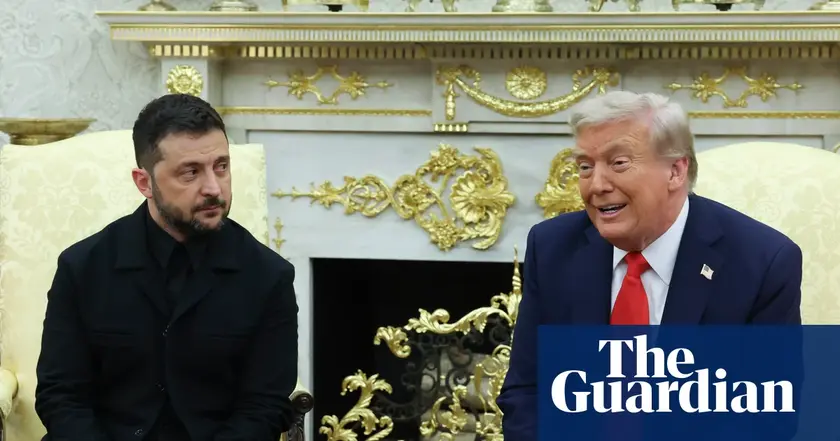T4K3.news
Ukraine ceasefire versus peace deal analyzed
New editorial looks at how a pause in fighting differs from a lasting treaty and the legal boundaries involved.
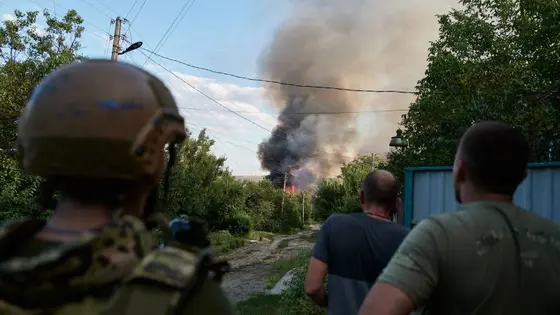
A close look at how a temporary pause differs from a lasting treaty and why legal limits matter.
Ukraine seeks a ceasefire while Russia pushes for a peace deal
Trump has shifted from calling for a ceasefire to backing a permanent peace deal backed by Putin. In a meeting with Zelensky and European leaders in the Oval Office, he suggested a ceasefire might not be necessary if a broader agreement could end the fighting. European partners, meanwhile, continue to push for a short pause to enable humanitarian aid and negotiations, signaling a split in the approach to ending the war.
International law draws a clear line between a ceasefire and a peace treaty. A ceasefire stops the fighting for a time and keeps current borders in place, while a treaty would set long term terms. Legal experts say any deal that accepts land gained by force would be illegal under the UN Charter. Ukraine's constitution also requires a referendum to change borders, and public opinion in Kyiv shows strong opposition to ceding territory, according to polls. Kyiv seeks to restore full sovereignty, and European officials warn against recognizing permanent territorial changes.
Key Takeaways
"Use of force is emphatically prohibited by the UN Charter."
Jeremy Pizzi on the core legal principle governing any peace talk.
"Any treaty procured by force is illegal and void."
Pizzi explains why a land grab cannot produce a valid agreement.
"There is no logical, sensible reason to trust Russia without a good faith commitment."
Pizzi on the need for credible steps before negotiations.
"International law makes it almost politically impossible to conclude a peace treaty when the victim is not winning."
Pizzi on the political reality surrounding peace talks.
The episode shows a clash between power politics and legal norms. If force can decide borders, the UN Charter loses its bite and the risk of enduring conflict grows. Trump's stance also tests European resolve and U.S. diplomacy at a time when unity is crucial for Kyiv.
The risk for Ukraine is clear: a push for a permanent deal could empower Moscow at the expense of sovereignty. For Europe and Western allies, there is a demand for concrete guarantees and verifiable commitments that a ceasefire cannot alone provide. The situation underscores how international law shapes strategic options, even in high-stakes bargaining.
Highlights
- Use of force is emphatically prohibited by the UN Charter
- Any treaty procured by force is illegal and void
- There is no logical reason to trust Russia without good faith commitment
- International law makes it almost politically impossible to conclude a peace treaty when the victim is not winning
Political and legal risk in a shift to a peace deal
The article discusses moves by Trump and Putin toward a permanent peace deal that could challenge long-standing norms. This raises questions about legitimacy, international response, and potential backlash in Ukraine and among Western allies.
The next steps will test whether law or power governs the path to peace.
Enjoyed this? Let your friends know!
Related News
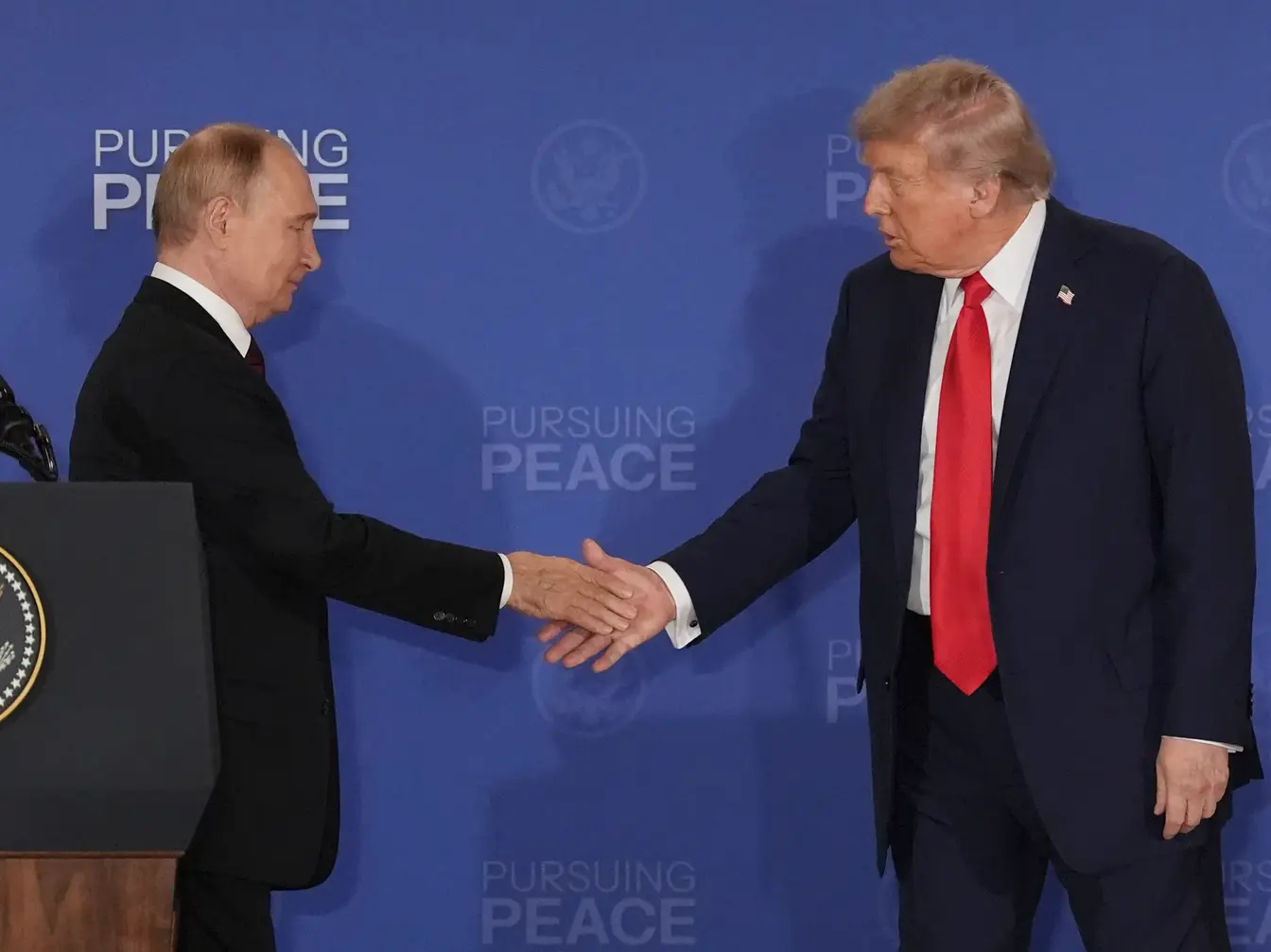
Ukraine analyzes limited gains after Trump Putin summit
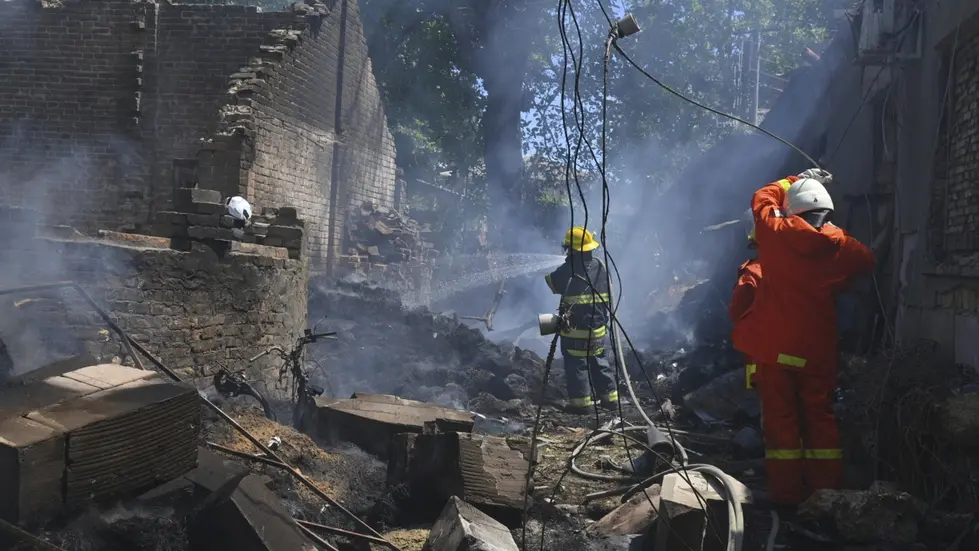
Russia and Ukraine engage in third ceasefire talks
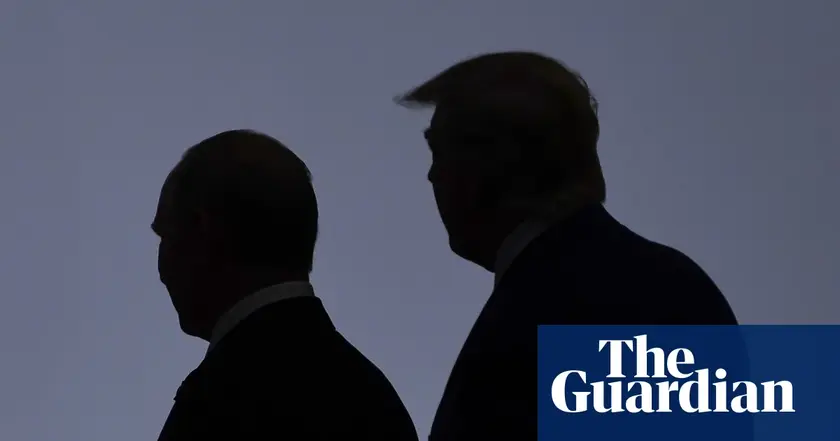
Trump Putin Alaska summit analyzed
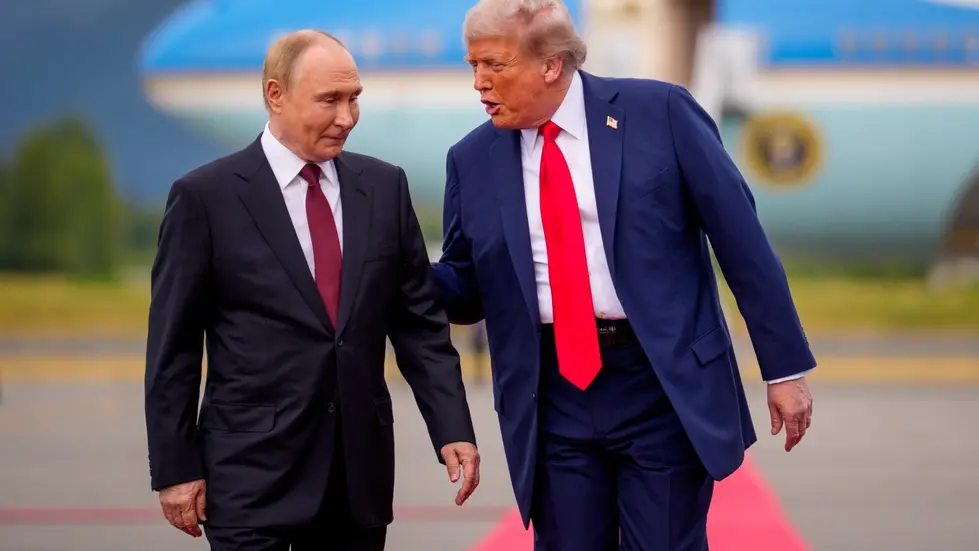
Trump shifts stance after Putin meeting
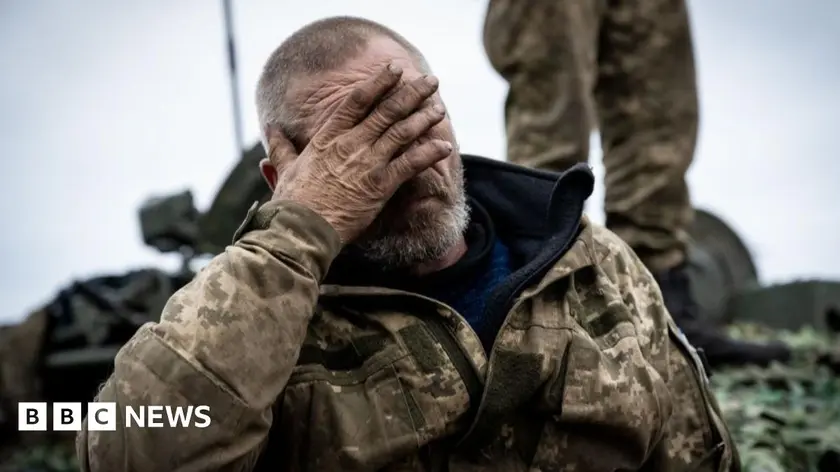
Ukrainians fear an unjust peace as Alaska talks stall
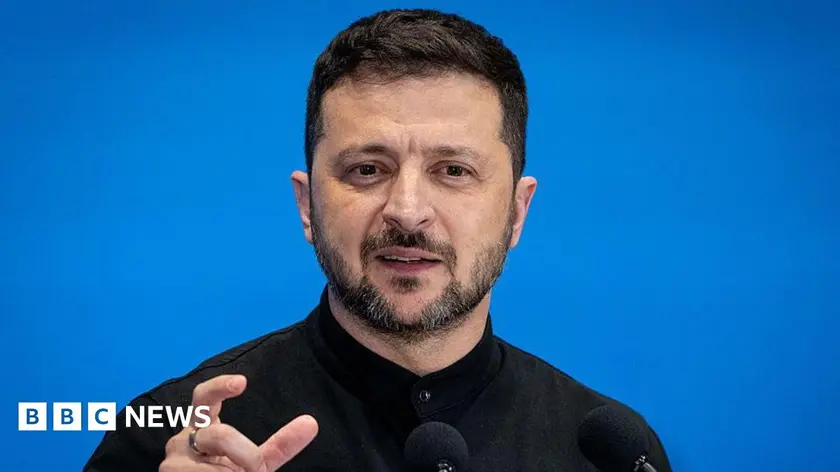
Diplomacy tests in Ukraine conflict as Trump pushes peace
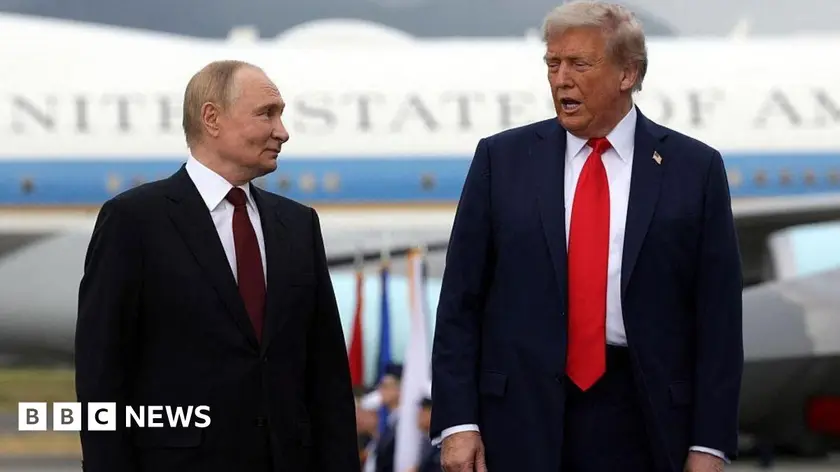
Trump calls for Ukraine peace terms
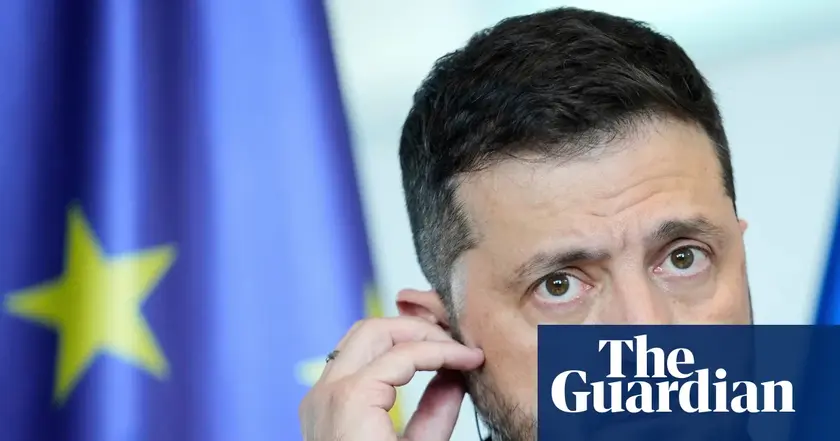
Ceasefire talks face headwinds
